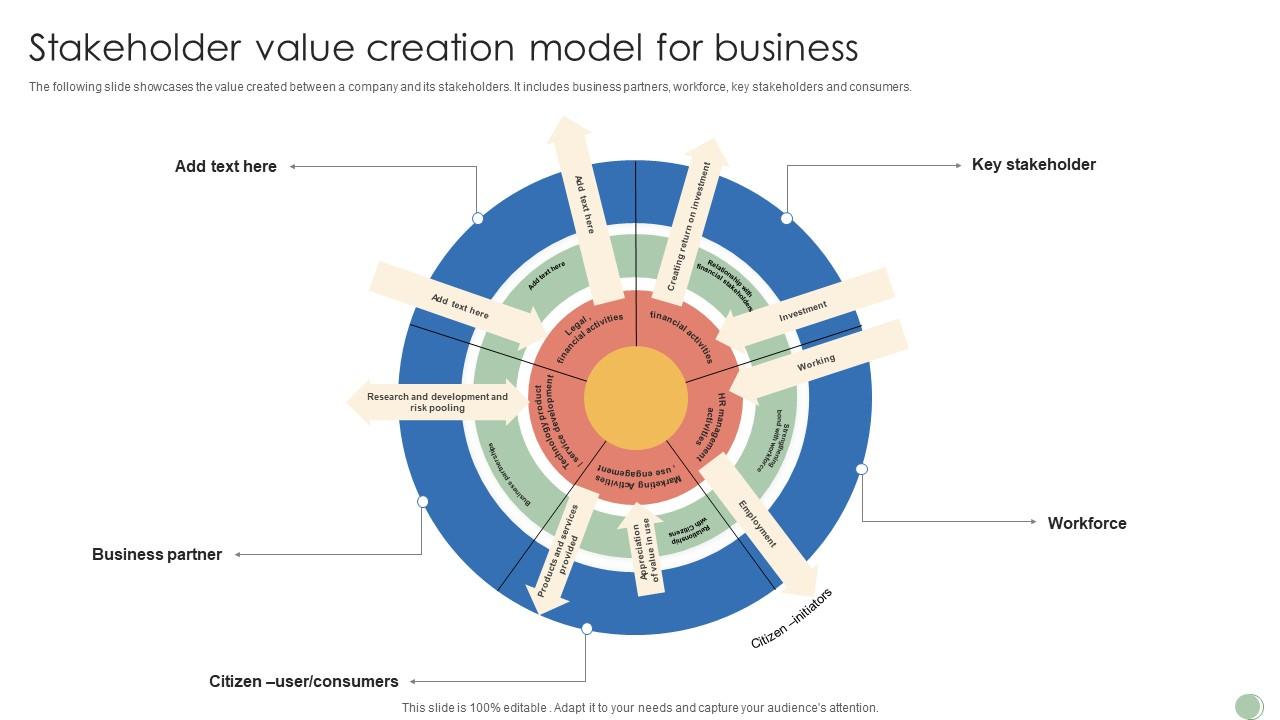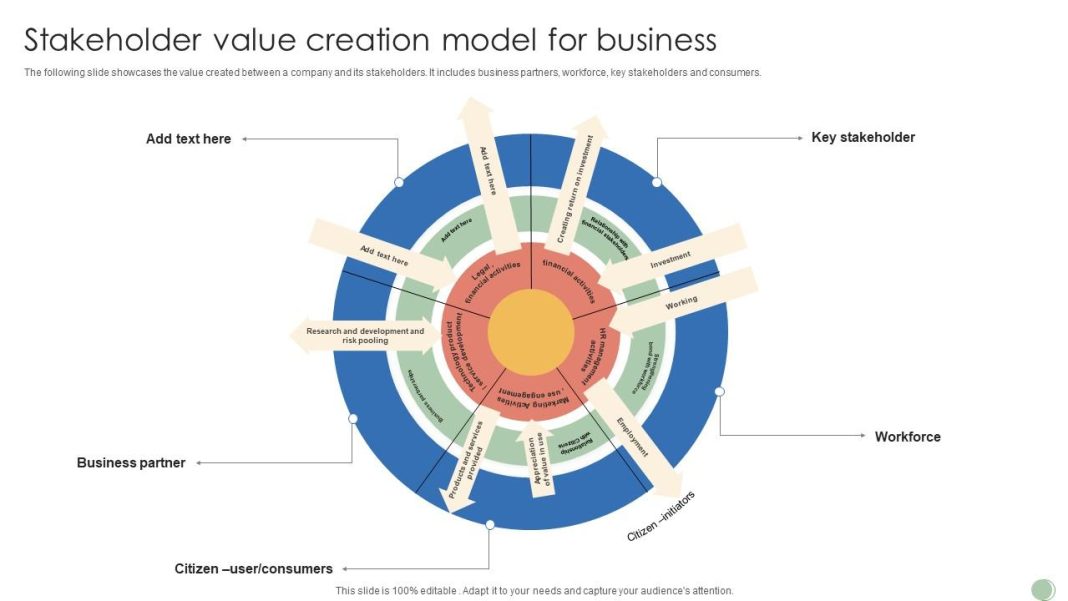 New research conducted by the Centre for Independent Studies (CIS) has revealed that while some corporations may engage in social activism, their actions often don’t align with the opinions and values of their stakeholders. The report, which surveyed 2,500 Australians including consumers, employees, and shareholders, found that a majority of stakeholders were unaware of their companies’ social and political activities. Specifically, 58 percent of employees, 66 percent of shareholders, and 44 percent of consumers did not follow their companies’ advocacy for social causes. Engagement was even lower for political causes, with 83 percent, 74 percent, and 65 percent respectively reporting a lack of interest.
New research conducted by the Centre for Independent Studies (CIS) has revealed that while some corporations may engage in social activism, their actions often don’t align with the opinions and values of their stakeholders. The report, which surveyed 2,500 Australians including consumers, employees, and shareholders, found that a majority of stakeholders were unaware of their companies’ social and political activities. Specifically, 58 percent of employees, 66 percent of shareholders, and 44 percent of consumers did not follow their companies’ advocacy for social causes. Engagement was even lower for political causes, with 83 percent, 74 percent, and 65 percent respectively reporting a lack of interest.
Emilie Dye, co-author of the report, highlighted that over 60 percent of employees and 41 percent of shareholders felt that corporate support for political causes did not align with their personal convictions. This sentiment was echoed by 60 percent of consumers who believed that corporate political advocacy rarely or never aligned with their views. In fact, the report revealed that 6 percent of employees have even left their jobs because of their employer’s activism. These findings suggest that despite the vocal minority that supports corporate activism, the majority of stakeholders consider these initiatives peripheral at best or simply ignore them altogether.
Interestingly, the report also found that younger generations, specifically Gen Z respondents born between 1997 and 2012, preferred companies to focus on providing good service and high returns rather than involving themselves in public debates. This challenges the common assumption that younger generations are more supportive of corporate activism. Additionally, the study discovered that consumers were twice as likely to avoid purchasing from a company they disagreed with compared to those who would choose a company they agreed with. This indicates that companies engaging in social activism may risk alienating a broader base of stakeholders, including consumers.
When asked why companies engage in social activism, respondents believed that it was primarily driven by profit-seeking motives (24 percent), fear of public backlash (22 percent), and gaining favor with the public and politicians (20 percent). These motivations raise concerns about the authenticity of corporations’ social and political activities, as they may be perceived as opportunistic rather than driven by genuine conviction.
Simon Cowan, another co-author of the report, emphasized the “critical misalignment” between corporate activism and stakeholder values. He urged managers to not feel pressured into taking public positions on contentious social issues and encouraged those who have already done so to reconsider their actions. This report serves as a reminder for companies to carefully consider their stakeholders’ opinions and values before engaging in social or political activism.
The CIS report’s findings are particularly relevant in the context of the increasing trend of companies engaging in political, environmental, and social issues in Australia and around the world. For example, during The Voice movement, which aimed to embed an Indigenous advisory body into the Australian Constitution, 14 of the top 20 ASX companies supported the Yes campaign. Despite their financial support, the movement was ultimately voted down by Australian voters. This highlights the potential disconnect between corporate activism and public sentiment.
In conclusion, while corporate activism may attract attention from a vocal minority, it often fails to resonate with a broader base of stakeholders. The CIS report provides valuable insights into the opinions and attitudes of shareholders, employees, and consumers towards corporate advocacy and activism. It serves as a reminder for companies to carefully consider their stakeholders’ perspectives and values before engaging in social or political activities, as they risk alienating a significant portion of their base.


